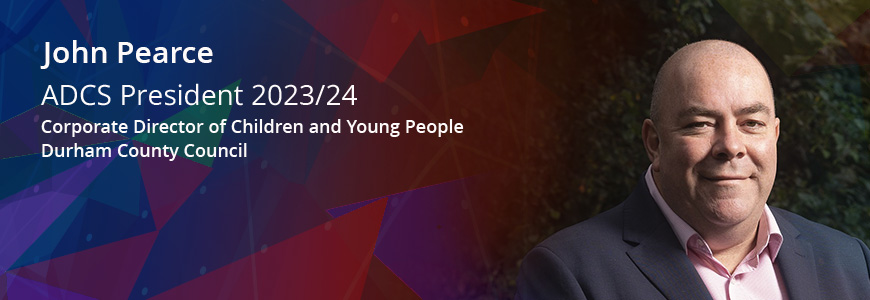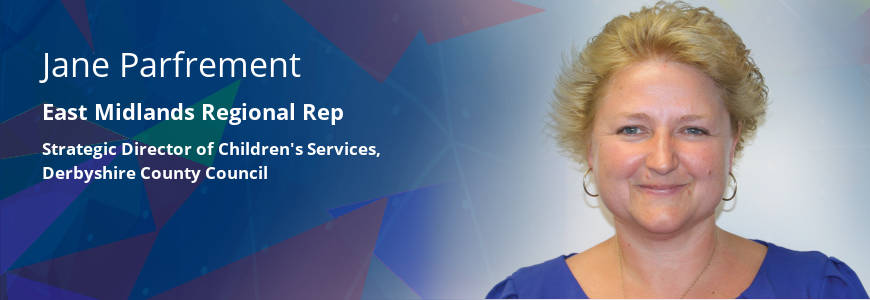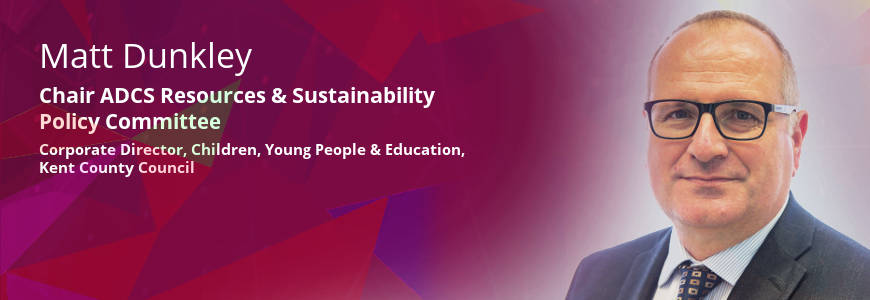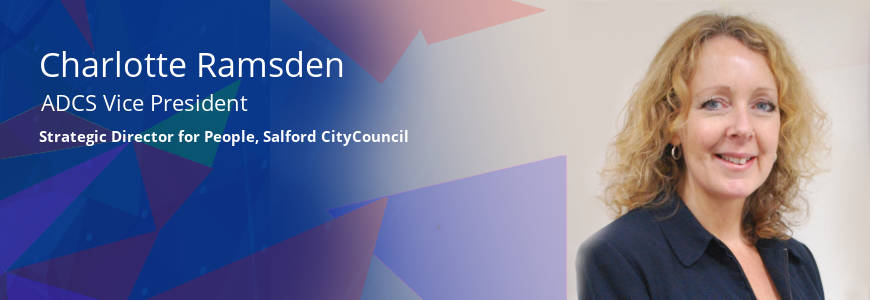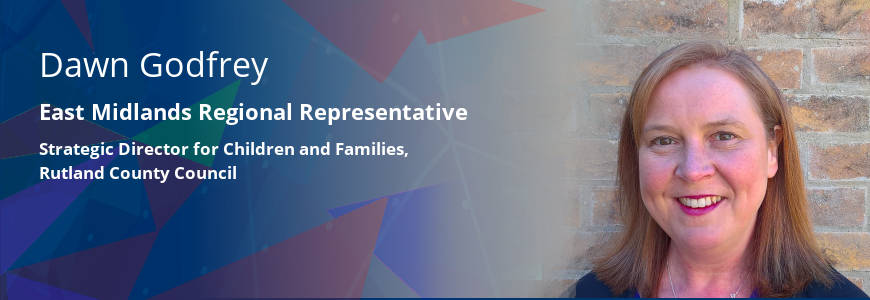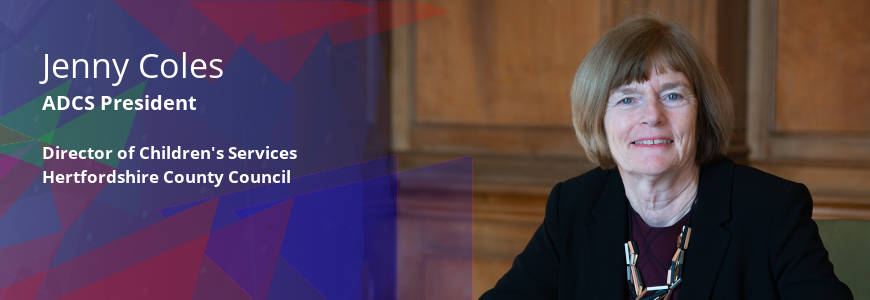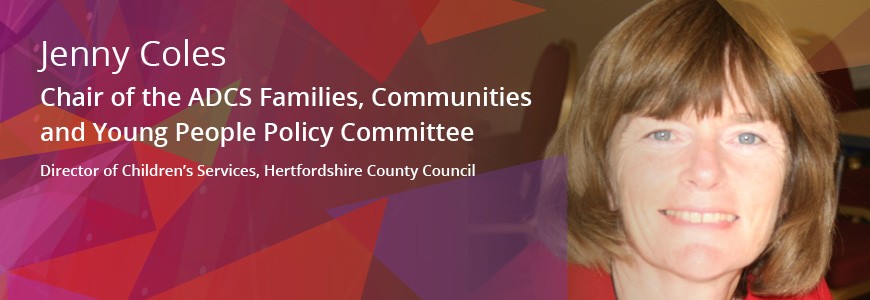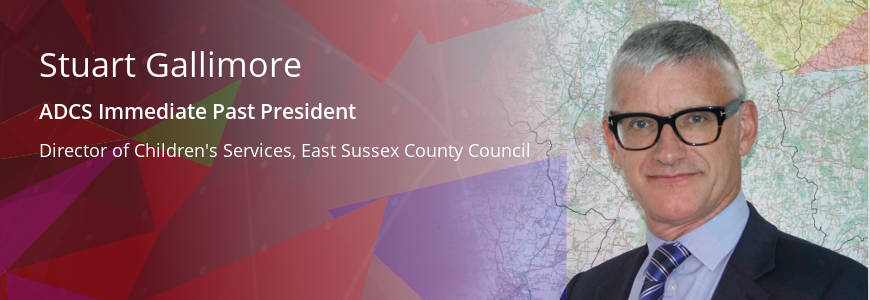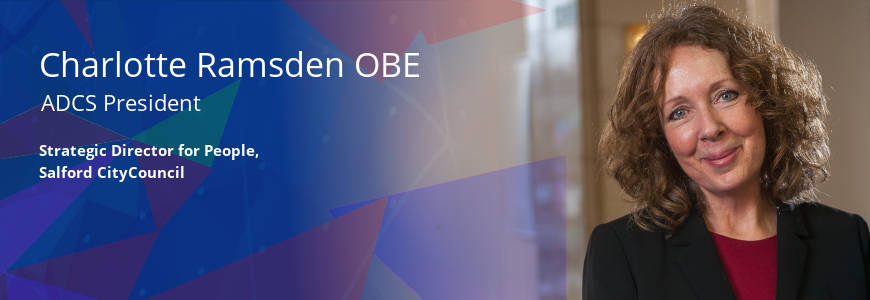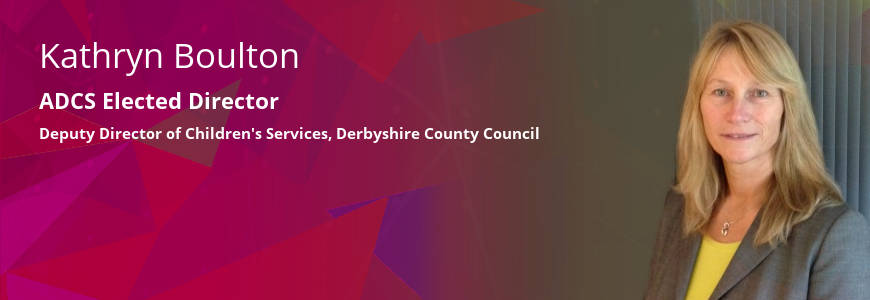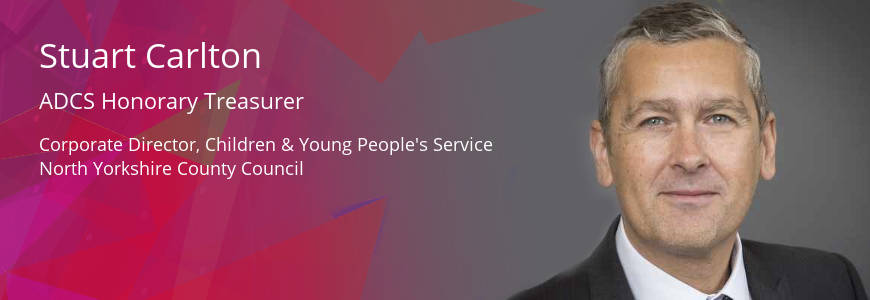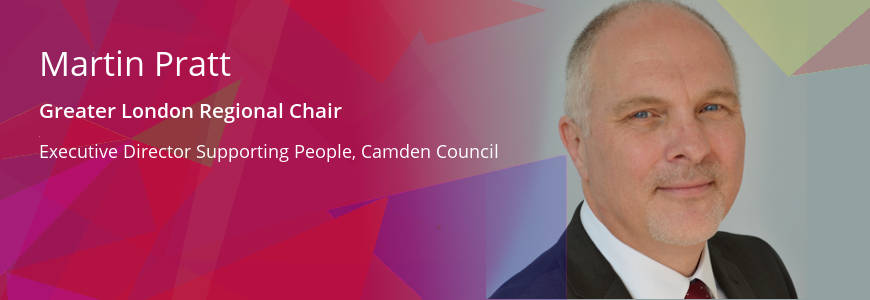When fact is stranger than fiction
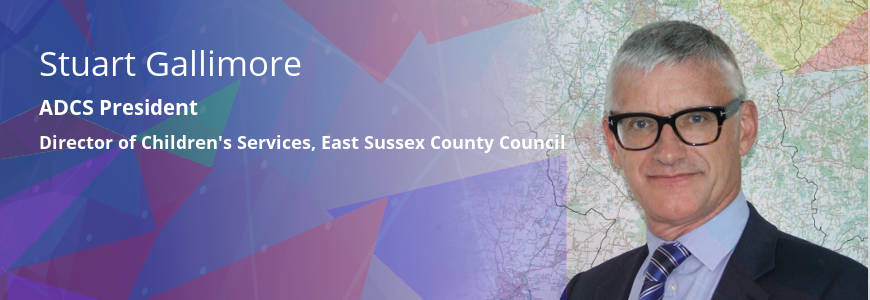
Returning home from my summer break was one of those occasions when fact was stranger than fiction.
On the flight, one of the films on offer was Kingsman starring, amongst others, Colin Firth. I won’t spoil the plot but it basically involves a spy organisation who recruit a young person with a particularly troubled background and who is heading for a life behind bars. Not the usual James Bond recruitment ground. It therefore came as some surprise, and no little shock, on my return to find references to children and young people being used as covert human intelligence sources under the auspices of the Regulation of Investigatory Powers Act 2000. Since my return I have spoken with colleagues working in local authorities across the country and it seems many, if not all, directors were unaware of children being asked to take part in covert operations.
In the most extreme cases this practice is clearly at odds with the basic principles of safeguarding vulnerable children and young people. I don’t believe we have been consulted either nationally or locally on a case by case basis on the principles of this policy, yet directors of children’s services have a legal duty to protect and promote the health, safety and welfare of all children and young people. We also remain completely in the dark about the criteria used to select children to fulfil this role, the kinds of situations they are being sent into or the support they are offered before, during or after undertaking this role. We don’t know the numbers involved nor the age and profile of those who are gathering intelligence on behalf of the police or security services. Whether any of them are in care is a significant concern given our corporate parenting duties.
When questioned by the Chair of the House of Lords Secondary Legislation Scrutiny Committee, the Minister of State for Security and Economic Crime at the Home Office indicated that previous criminal activity is a main factor for selecting young people. However, this overlooks the inherent vulnerability of children who are criminally exploited by unscrupulous adults and are coerced into committing crimes. The risks appear huge and, whilst I am aware of the longstanding use of children and young people to support trading standards operations, there’s an enormous difference between a 15-year-old being asked to buy cigarettes from a corner shop and them engaging in risky, and potentially dangerous, situations to help build a criminal prosecution case against violent sex offenders, radical extremists and drug dealers.
I’m pleased that members of the Scrutiny Committee have highlighted this issue and will be examining it further in the coming weeks. Without their challenge to the Home Office in response to a seemingly routine amendment to the legislation process, we might have remained completely ignorant of this situation.
Whilst things turned out rather well for Gary “Eggsy” Unwin, the gang protagonist in the Kingsman, I fear there won’t be the same happy Hollywood ending for other young people drawn into this world and I will take a keen interest in how this matter unfolds when it goes before the Joint Committee on Human Rights.
Related Blog Articles
In 2017 ADCS published the policy position paper, A country that works for all...
In General
Like in most local authorities, children who are subjects of a child protection...
In Safeguarding & Child Protection
This blog was first due a couple of weeks ago, but the small matter of an ILACs...
In
As I prepared myself mentally for taking on the role of ADCS Vice President, I...
In General
There were two social workers, a nurse, and a magistrate sitting in a bar…....
In Leadership
The National Children and Adult Services Conference 2019 opened on Wednesday 20...
In General
Like the Tokyo Olympics, Wimbledon and Glastonbury, the pandemic delayed another...
In Safeguarding & Child Protection
Highlighting the impact of neglect on young people is clearly presented in...
In Safeguarding & Child Protection
In East Sussex, this year’s Young People’s Big Vote placed ‘a fear of...
In General
As I write this I am reflecting on the life of a wonderful friend and colleague...
In General
Peter Clarke, HM Chief Inspector of Prisons, recently presented a shocking...
In Youth Justice & Secure Estate
I am passionate - as I know many people are - about relationship-based...
In General
“Stay at Home. Protect the NHS. Save Lives.” It couldn’t be simpler, could...
In General
This needs to be the starting point of everything we do in children’s...
In Care
I’m not sure what the collective noun for DCSs is; an exhaustion, a wisdom, a...

